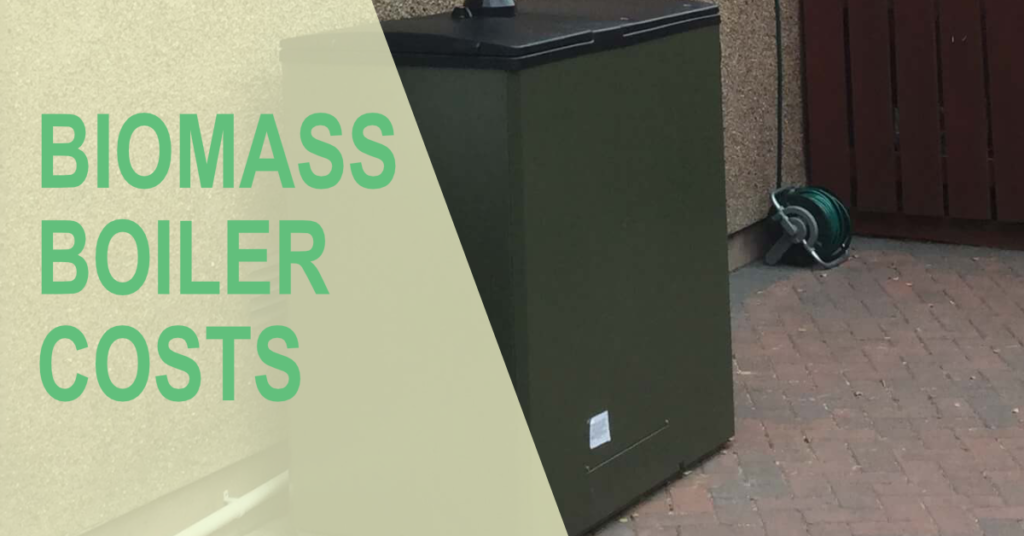The UK energy market reform policy objectives are to basically keep the lights on, keep costs affordable and to decarbonise energy generation. As a renewable energy, biomass is considered by some in the industry as being key to this future. Biomass is continuing to grow within the UK both domestically and commercially. Our business has seen a large uptake in commercial biomass systems. Hotels, holiday cottages, leisure centres and land-based businesses such as farms are prime examples of where installing a biomass system has made sense. There are many benefits to installing biomass energy and not least the impact on the environment. Most people understand the advantages of using biomass as a renewable energy, but do not know what the true costs of installing a system are?
What costs are involved installing a commercial biomass boiler?
Let’s take as an example, a biomass boiler installation in a land-based business, for example a farm. The farm has heating requirements for the farmhouse, a holiday cottage, and various outbuildings.
- Boiler cost
The main cost is the boiler. The cost to install a commercial biomass boiler is ultimately dependent on the energy usage of the business. The energy profile will determine the size of the system required, and this has an impact on the cost of the boiler and the installation cost too. The size of the system should match exactly the energy requirements so that no excess heat is produced. As an example, a 199kW boiler would be sufficient to heat the buildings within our example farm business.
- Plant room
A boiler of this size requires to be housed within a plant room which is an additional cost. The plant room will need to have water and electrics installed. An underground piping system from the plant room will take the hot water to the properties. The plant room fit itself may cost in the region of £30,000 for a 499kw boiler. An internet connection can be installed to monitor the plant room remotely.
- Installation into properties
The underground pipe from the boiler needs to be brought into the properties. Trenches may need to be built to run the pipe underground, and there may be local planning permissions to consider. The properties may require their old heating systems to be removed, and new hot water cylinders or radiators installed. Biomass systems can integrate with your current heating system too though.
- Commissioning the system
Commissioning the system together with your renewable heat incentive (RHI) application should be the final installation costs. The RHI application for non-domestic installations is free to submit but you may require help.
- Maintenance
Like conventional heating systems, biomass boilers need maintenance. Most installers will be able to offer a maintenance contract to allow for any callouts or issues. Again the size of the system will determine the cost of this, but allow for a few hundred pounds a year as a minimum.
Payback on investment
The investment in a commercial biomass heating system is significant and is definitely considered a long term investment. There is a unique opportunity at the moment with the availability of the renewable heat incentive (RHI) which will pay out for a guaranteed 20 years following your investment. With this incentive, it is expected that on average it will take only around 6 years to pay back the investment in your system. That means that there is over a decade of RHI payments paid to you directly. This can amount to hundreds of thousands of pounds depending on the size of the system installed.
Biomass boilers do require maintenance and monitoring to ensure that they are performing at their most efficient. There are lots of moving parts so issues will crop up but having a robust contract and a good relationship with your installer should mean that you will enjoy a rewarding investment.
We have lots of experience of installing commercial and domestic biomass boilers. Get in touch for more details.

